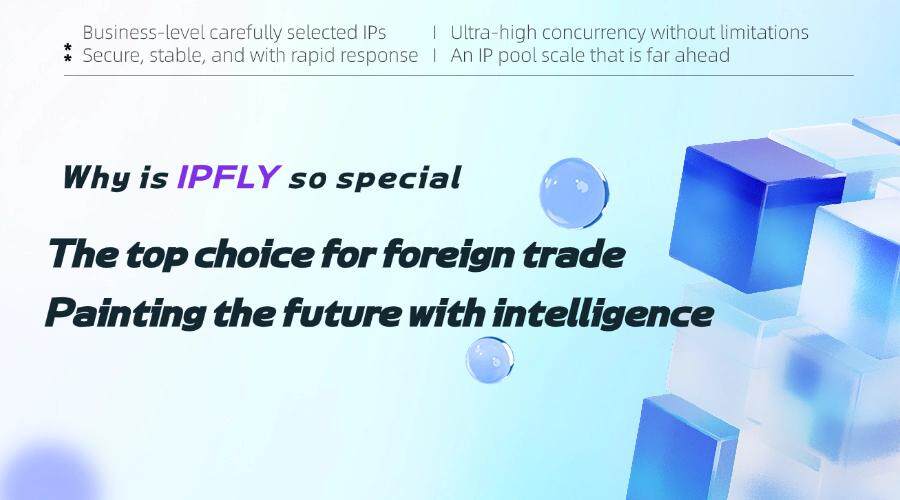Extracting data from the web is a powerful way to gain a competitive edge, but it’s rarely a straightforward process. The modern web is designed to be consumed by humans, not bots, and is filled with defensive measures and structural complexities. For any data professional, anticipating these data parsing obstacles is the first step toward building a resilient and successful scraping operation.
Let’s categorize these challenges into two main types: getting access to the data, and making sense of the data once you have it.

Category 1: Access & Evasion Obstacles (The Art of Not Getting Blocked)
This is the first and most significant set of hurdles. If you can’t reliably access the webpage, you can’t parse anything.
Obstacle 1:
IP Bans and Rate Limiting This is the #1 challenge. If you send hundreds of requests to a website from a single IP address in a short time, its security system will flag your activity as a bot and block your IP. Your scraping project will grind to a halt.
Solution:
A large, rotating proxy network is the only effective solution. By using a service like IPFLY’s residential proxies, a web scraper can route each request through a different, unique IP address. Because these are real IPs from home internet connections, your scraper’s activity blends in with organic traffic from thousands of different “users,” making it virtually impossible to detect and block based on IP address.
Obstacle 2:
Geo-Restrictions Many websites display different content, prices, or languages based on the visitor’s geographic location. If your scraper is in the US, it cannot access the data meant for users in Germany.
Solution:
Geo-targeted proxies are the answer. A high-quality provider like IPFLY allows you to select proxies from a specific country or even city. This lets your scraper appear as a local user, granting it access to the precise, localized data you need for accurate market research.
Obstacle 3:
CAPTCHAs These “Completely Automated Public Turing tests to tell Computers and Humans Apart” are designed specifically to stop bots.
Solution:
While proxies don’t solve CAPTCHAs directly, the quality of your proxy has a huge impact. Requests from known datacenter IPs are far more likely to trigger a CAPTCHA. By using a high-trust residential proxy from IPFLY, your requests are seen as legitimate, significantly reducing the frequency with which you encounter these bot-blocking tests in the first place.
Category 2: Structural & Technical Obstacles (Making Sense of the Data)
Once you’ve gained access, you still need to parse the raw HTML.
Obstacle 4:
Inconsistent or Complex HTML Websites are not static. Developers constantly update layouts, change class names, and restructure HTML, which can break a scraper that is programmed to look for a specific element.
Solution:
Build resilient parsers. Instead of relying on a single, fragile selector, write code that can look for multiple potential data patterns. Incorporate robust error handling and logging to quickly identify when a site’s structure has changed so you can adapt your scraper.
Obstacle 5:
Dynamic Content Loaded with JavaScript Many modern web pages load their most important data after the initial page loads, using JavaScript. A simple scraper that only reads the initial HTML will miss this data entirely.
Solution:
Use a headless browser. Tools like Puppeteer or Selenium can launch a real browser instance in the background, allowing it to render the entire page, including all JavaScript elements. Crucially, these headless browsers must also be configured to route their traffic through your IPFLY proxy network to overcome the access obstacles mentioned earlier.

Build a Resilient Scraping Strategy
Data parsing obstacles are not an “if,” but a “when.” Success in web scraping comes from building a technical strategy that anticipates these challenges from the start. The foundation of any professional scraping operation is a high-quality residential proxy network. By solving the critical problem of reliable access with a service like IPFLY, you can then focus your efforts on building smart, resilient parsers to handle the structural complexities of the web, ensuring a continuous flow of accurate data.


